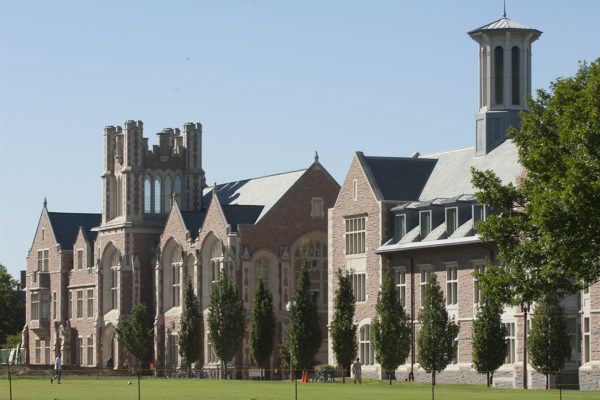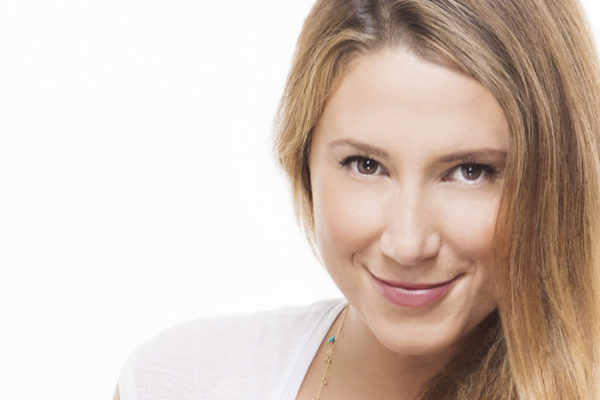The sharing economy’s effect on business
New research from Washington University in St. Louis’ Olin Business school shows that the rising tide of product sharing can indeed lift all economic ships, including those of the product manufacturers, or firms.
Olin announces new graduate degree track
Washington University in St. Louis has announced a new degree track at Olin Business School: Wealth and Asset Management, to be offered as part of the Masters of Finance degree.
Working well by being well
Nearly 90 percent of companies in the United States use some form of employee wellness program – from gym memberships to health screenings to flu shots – all designed to improve health. A study currently under review and co-authored by a faculty member at Washington University in St. Louis empirically tested how these programs affect worker productivity. The research paired individual medical data from employees taking part in a work-based wellness program to their productivity rates over time.
Buying high vs. bargain hunting
New research from Olin Business School presents a new framework that might make it a bit easier for businesses as they navigate product pricing and discounts: it all boils down to the buyer’s search.
WashU Expert: The real reason male golfers are dropping the Olympics
Male golfers, most of whom are on the PGA Tour, are dropping out of the Summer Olympics en masse. While they’re citing Zika concerns, Patrick Rishe, director of the Sports Business Program at Washington University in St. Louis’ Olin Business School, said there’s another factor at play.
Bear Cub Challenge awards $225,000 to five research teams
The university’s Skandalaris Center for Interdisciplinary Innovation and Entrepreneurship, the Institute of Clinical and Translational Sciences and the Center for Drug Discovery together have awarded Bear Cub grants totaling $225,000 to five teams. The funding helps scientists become entrepreneurs.
The ups and downs of ‘The Beauty Bean’
Long before People StyleWatch named her “The DIY Beauty Queen,” Alexis Wolfer had the DIY mentality as she set out to create “The Beauty Bean,” an online women’s magazine that would change the way women talk about beauty, health and wellness.
Student startup GiftAMeal gaining national attention
The buzz continues about GiftAMeal, a startup incubated with the help of Washington University students. The venture had two wins at the RECESS Pitch Competition in Los Angeles: the Audience Choice Award and an award for best explanation video. The startup also locked in its first major corporate deal.
Beauty queen: Alexis Wolfer talks ups and downs of starting “The Beauty Bean”
Long before People StyleWatch named her “The DIY Beauty Queen,” Alexis Wolfer had the DIY mentality as she set out to create “The Beauty Bean,” an online women’s magazine that would change the way women talk about beauty, health and wellness. After receiving her bachelor of arts in women’s studies and psychology from Washington University in St. […]
WashU Expert: The impact of Russia’s Rio ban
With Rio’s Olympic Games rapidly approaching, today the International Association of Athletics Federations upheld its ban on Russia’s track teams. Sports business expert Patrick Rishe says the move illustrates the economic effect and lasting impact of cheating in sports of all kinds.
Older Stories









